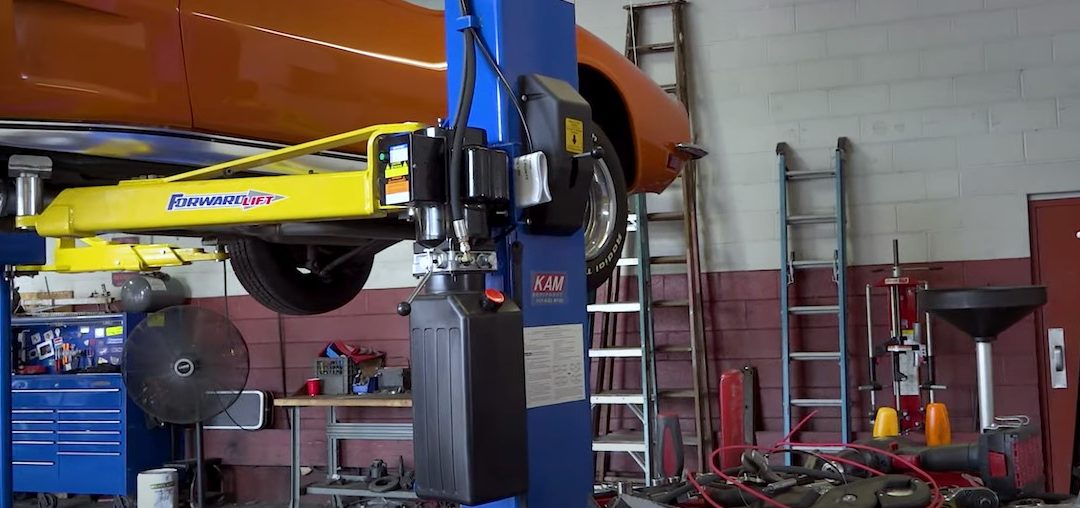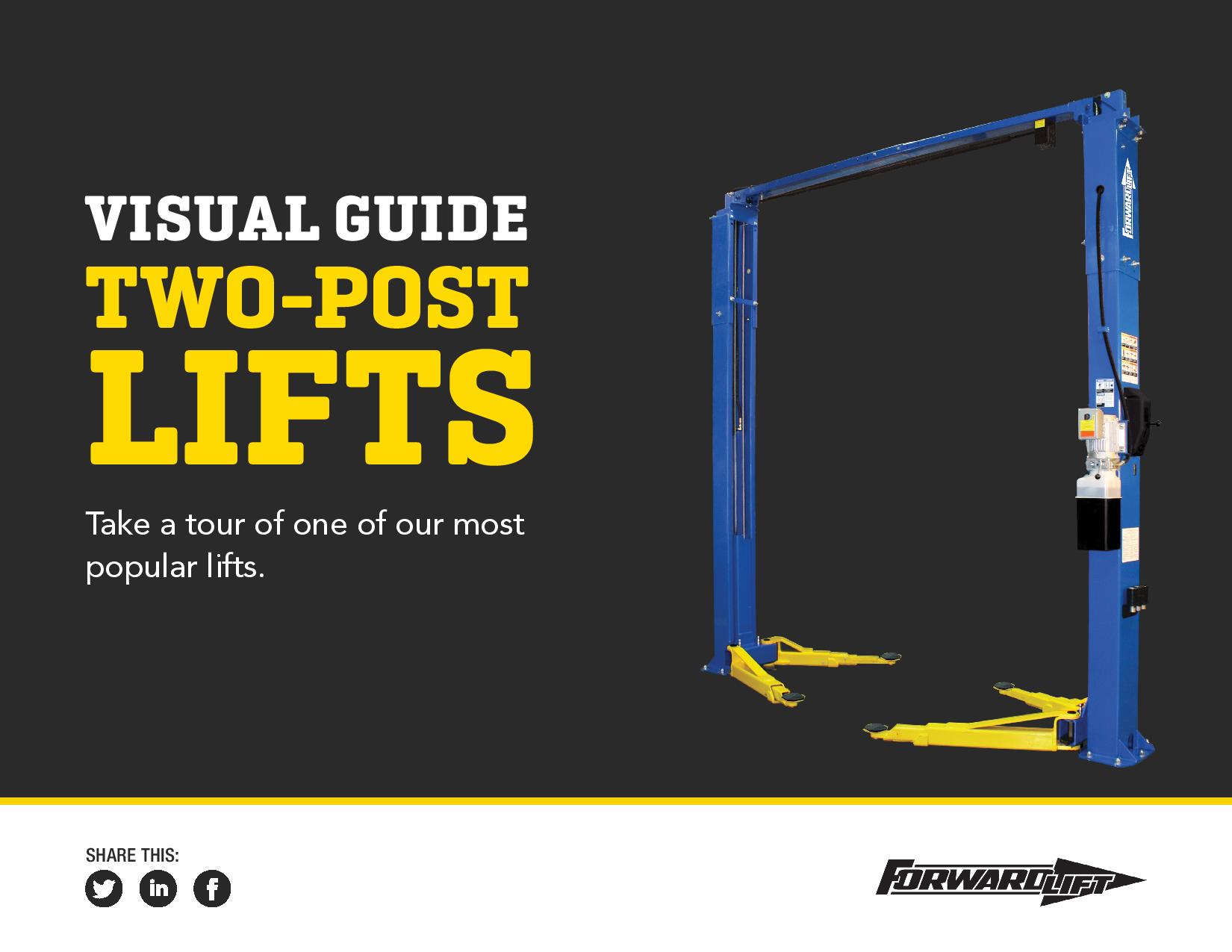If someone walked up to you in the shop and asked for a specific tool, would you know where to find it? Chances are, it might take a minute. That may not seem like much, but when you think about how many times a day your technicians are looking for tools, the inefficiencies really start to add up.
In an industry where time is money, you need to make the most of every minute spent working in the shop. Proper shop organization and workflows can help you work faster and use your time more wisely. Keep reading for our top four tips to help you organize your shop and work more efficiently.
1. Give everything a place.
This may sound like obvious advice, but it’s one of the biggest time-savers on this list. If you don’t want to waste time looking for tools, the most straightforward fix is making sure you (and everyone else in your shop) know exactly where to find them. This task is best done on a day when the shop is closed to customers.
Work your way around the shop, emptying out every drawer and clearing off every surface. Use this opportunity to get rid of any trash or old, broken tools. Then, put things back in place with some intention. If certain tools are often used together, it makes sense to store them together. Make it as easy as possible to access what you’ll need on an average day. Be sure to hold your co-workers and staff accountable for putting things back where they belong. The key is maintaining the system you’ve put in place. The same advice goes for storing parts.
2. Organize the shop layout to follow your workflow.
Now that all the little things in your shop have a home, it’s time to look at the bigger picture. Think about how vehicles move through the shop on an average day. What kinds of services are you performing most often? What’s the typical order of those services? There’s no one-size-fits-all answer here.
Next, look at the way all of the equipment in your shop is organized, from lifts to diagnostic equipment to wheel service machines, etc. Does the equipment layout match up with the way your business actually runs every day? Think about maximizing your profitability per square foot. By arranging your shop according to your workflows, you’ll spend less time directing traffic and more time working.
Bonus tip: Equipment distributors are experts at visualizing shop layout, because it’s what they do every day to ensure safe installations. If you need help figuring out the perfect layout for your shop, try talking to a local distributor and getting their professional opinion.
3. Don’t forget about the floors.
If you’ve ever stepped on a Lego brick by accident, you know the (sometimes painful) dangers of not keeping floors tidy. Accidents can happen. Establishing clear walkways and keeping them clean is a great way to keep your techs moving smoothly from task to task. Plus, it can help prevent slips, falls and other safety risks.
It’s also worth mentioning that the cleanliness of your shop can say a lot to your customers about your priorities. Oftentimes, your shop’s appearance does the talking before you ever get the chance. You don’t want there to be any doubt in your customers’ minds that their vehicles—and their money and safety—are in good hands.
4. Plan ahead and be prepared.
Another time-saving tip is to prep your tools and parts in advance as much as you can. You won’t always be able to take out all the necessary tools and parts and set them aside, but you can make a list of everything you’ll need and double-check that you know where to find things. It’s just like getting ready to pack a suitcase for vacation. With this tip, you’ll be able to avoid unpleasant surprises like realizing you’re out of a part you normally have in stock. Your customers will enjoy having the work done on time with no issues.
Following these four steps can help you establish consistent expectations for cleanliness and shop operations. All you have to do is stick with the plan.
If you want an inside look at another shop’s setup, check out our original web series: Fast Forward Garage. Follow along as the crew at Ludlow Automotive and Speed Shop in Dayton, Ohio finishes up the restoration of a ’73 Corvette. Don’t forget to check out all the episodes on our YouTube and Facebook pages.


